The reveal of Legends of Runeterra from Riot Games has CCG players very excited. Riot launched a limited closed-beta version of Legends of Runeterra last weekend and it was the third most-watched game on Twitch.
The new digital card game is steeped deep in lore, used champions from League of Legends while creating new ones too. Each card is classified according to regions, as opposed to other games that use rarity or classes.
Runeterra also has an advanced monetization system that doesn’t tax players to the extreme, providing a true free-to-player experience. The animations are detailed and entertaining, and most importantly, the gameplay has an interactive element to it.
Interested to learn more about the game, we spoke with Steve Rubin, a former Magic: The Gathering pro and live balance lead for LoR. Still excited from the energy flowing from the League of Legends 10th-anniversary celebration, Rubin explained how Legends of Runeterra is breaking away from traditional CCG molds while expanding upon themes that have worked in the past.
How is LoR different from games like MTG and Hearthstone?
One thing we avoided from other card games was their business model. We just want card games to be accessible to more players. At Riot Games, we love card games. We’re not thinking of LoR as saturating the CCG market, we’re trying to get more people who haven’t tried out card games in the past.
Other card games cost like $200 to build a deck, so we’re changing that with our accessibility model through the vault and regional awards, which really allow you to play as a free-to-play player.
In what way is the LoR monetization model more accessible?
One of the things that we think is cool in LoR, is that we have it set up where you can buy any card in the game without having to buy a pack. And even to a further extent where you can spend money on coins to get wildcards, which means that every card in the game kind of has the same value and is pretty easy to get.
We’re taking away the randomness in acquiring cards, as well as that barrier to entry of cost, and we’re allowing card games to be good for players.
Will LoR be available on mobile?
We’re focusing on launching LoR on mobile for iOS and Android in early 2020. It’s an addition towards making the game more accessible for people to play, and to capture a new audience
As a former Magic pro, is there something from MTG that you wanted to include in the design of LoR?
One thing we love about Magic, and you can see in LoR, is interactive gameplay. Magic is like the OG card game and they have this beautiful system of the stack. And LoR has its version of a stack because we feel that card games are better when you can interact with your opponent.”
We think that card games are better when you can interact with your opponent. And we wanted that intimate round structure where it really feels like you’re playing against somebody. Because when I do something, they can respond and we can create a stack together. As opposed to other card games, where I can do stuff for a minute and then it’s your turn.
What was the development process like when creating the mechanics and abilities?
For us, it was really champion level up. When I first played LoR we didn’t have that feature. One of our designers, James Hata, had an idea where ‘what if champions level up like they do in LoL‘. And that was the moment where I was like this game is awesome because it does so many things.
Now we have realization moments, which we can use to make these characters feel like they are characters. They [champions] also make the gameplay exciting because it’s something new that other games haven’t done.
How do champions function within gameplay and deck construction?
The Champions Quest allows players to really experiment with different champions combinations. But for players who are completely new to the genre they can look at how a champion levels up and build a deck from there. It makes the champions and other cards have a lot of depth because there’s essentially two different versions of every champion.
Is there a specific design feature attached to champions?
We designed our champions to specifically fit into archetypes and mechanics. And champions from new regions that are being introduced will work with previously existing champions from other regions.
A good existing example can be seen in the interaction between Vladimir and Braum, or Chen and Fiora. Our goal is for champions to work together and for players to be able to build a deck around them because we want every region combination to be viable.


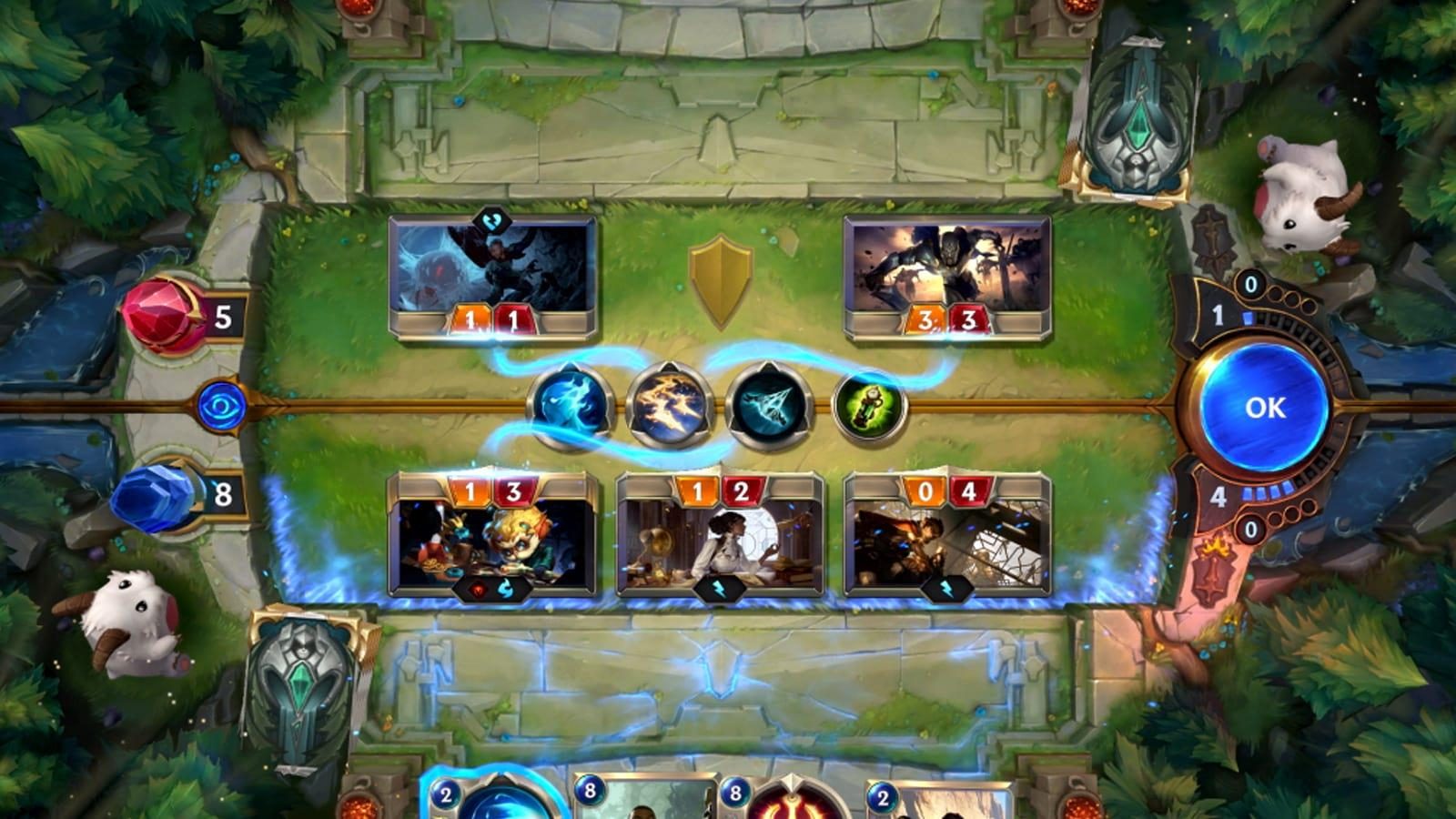
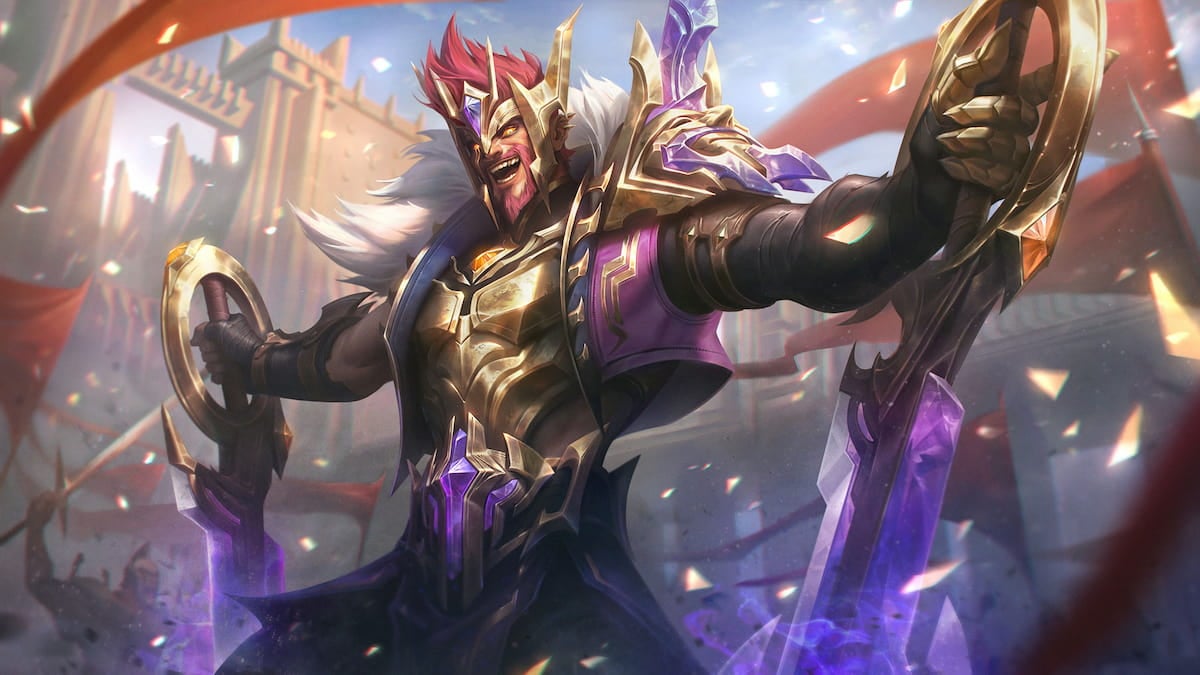
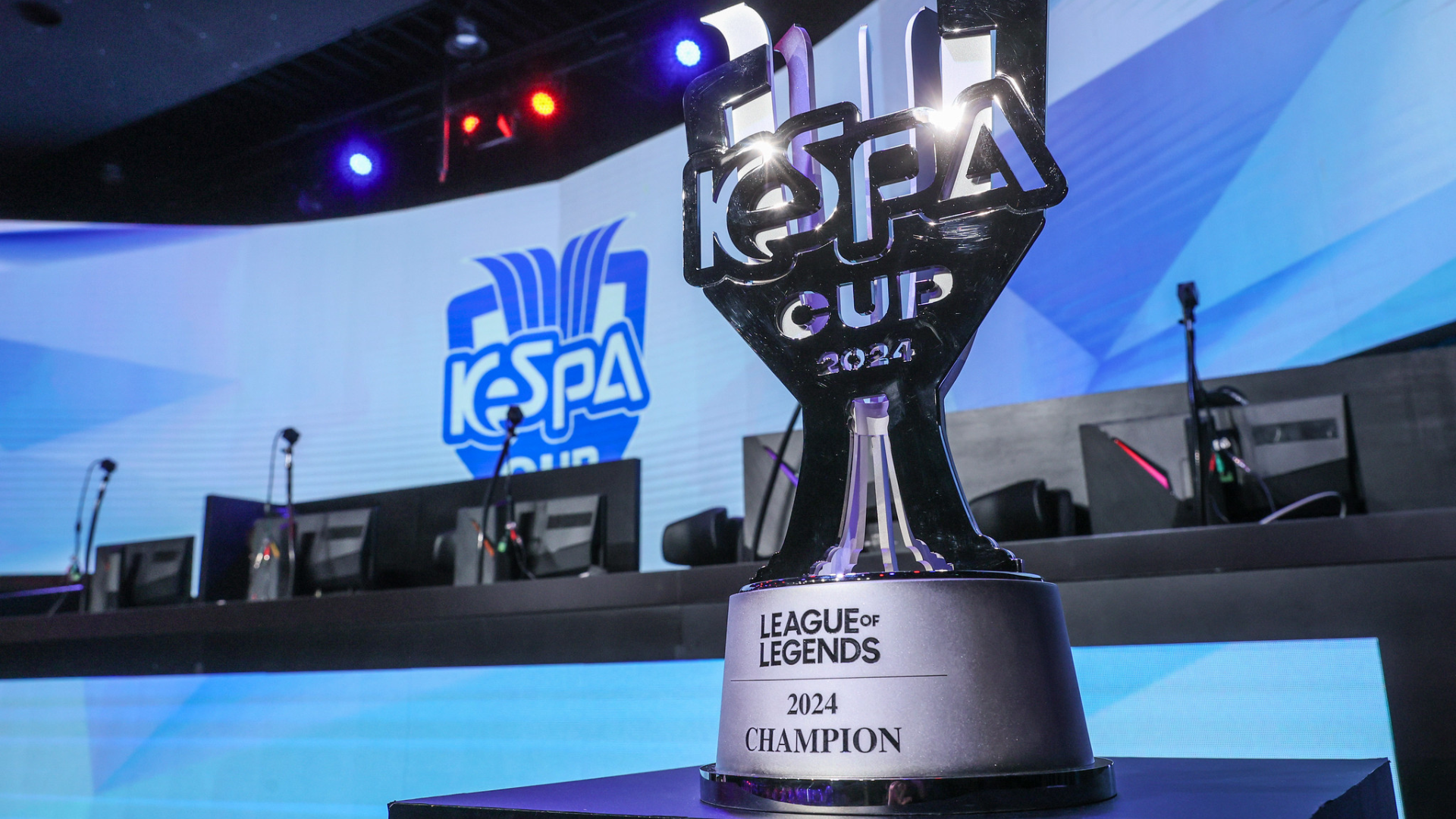
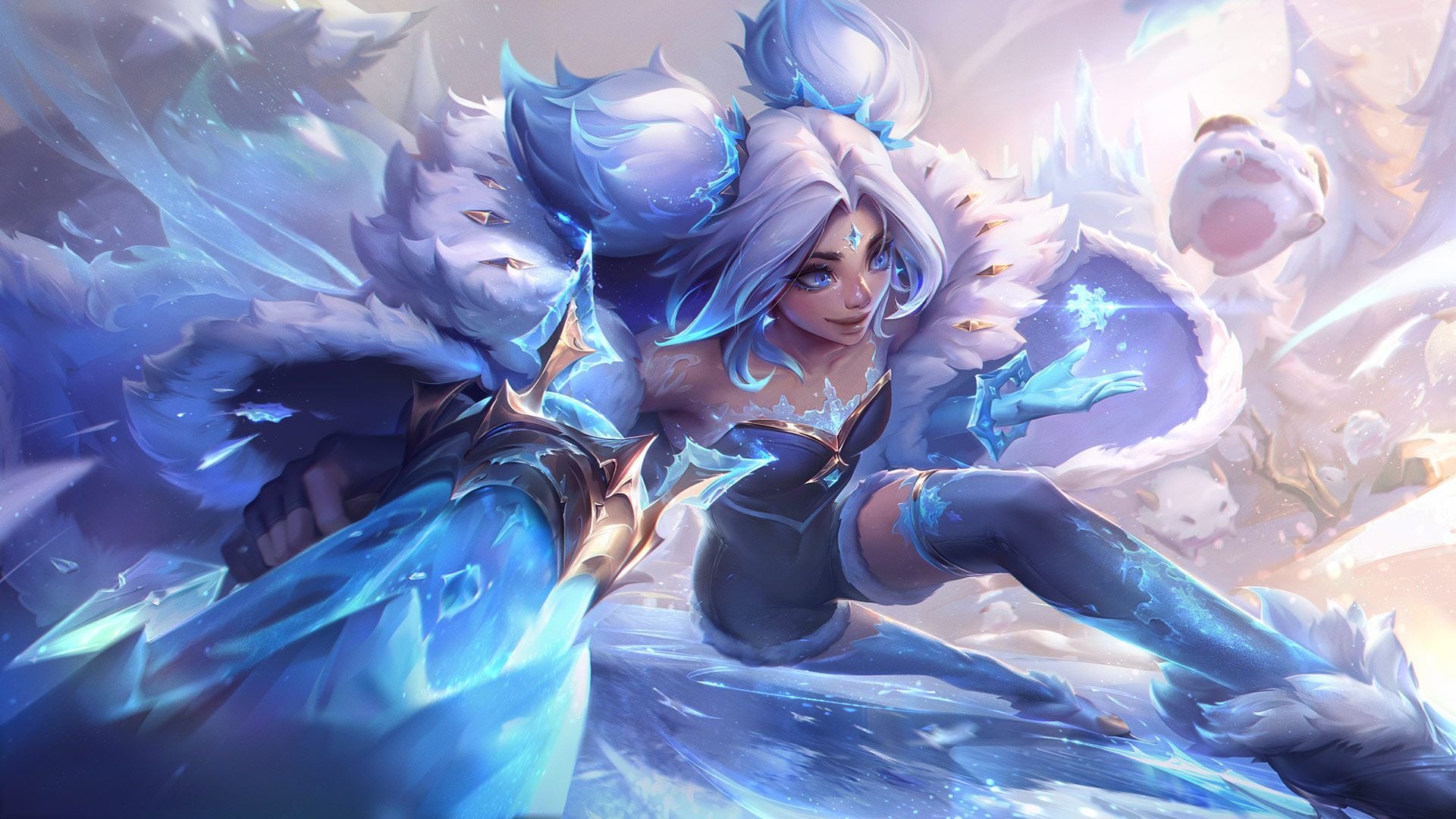

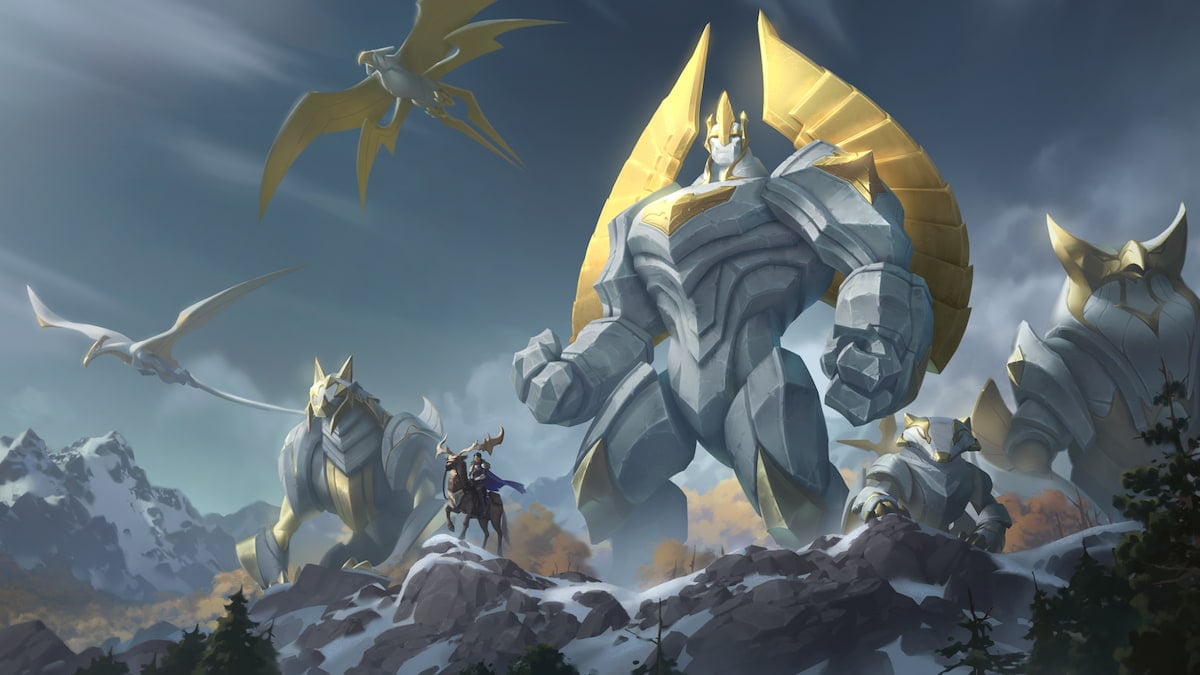

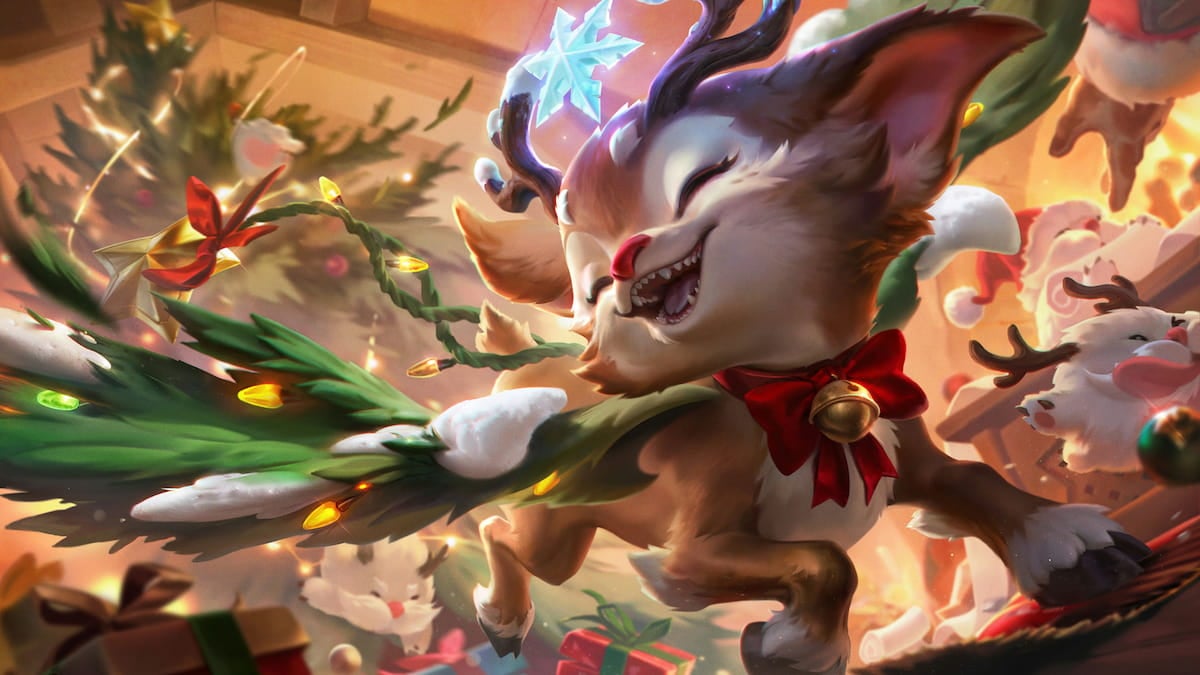

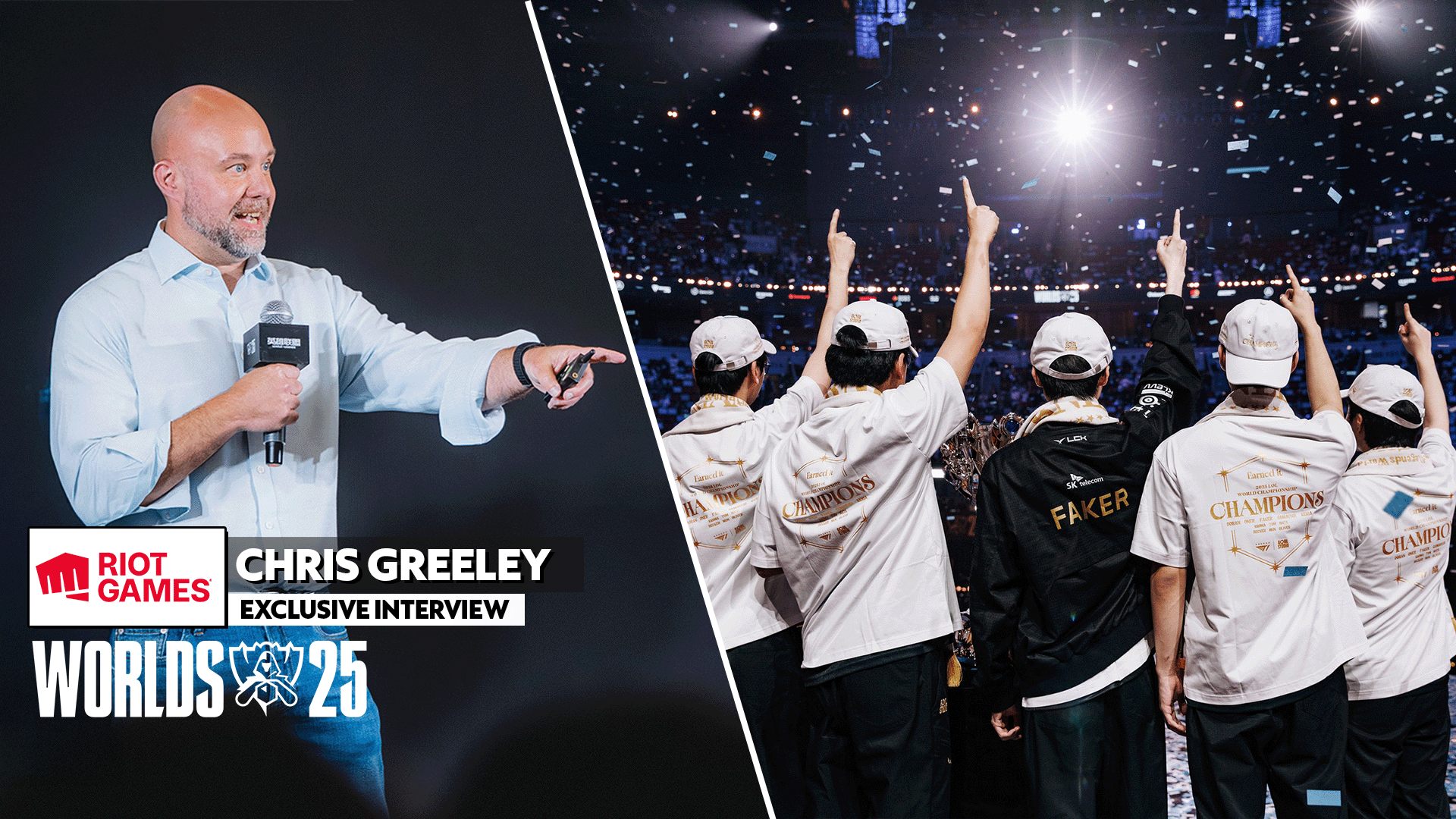

Published: Oct 21, 2019 02:28 pm